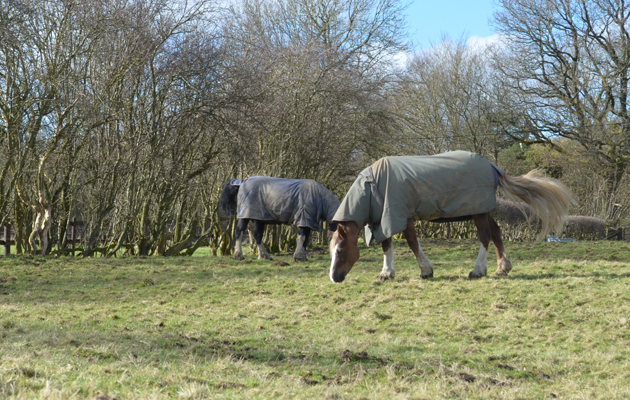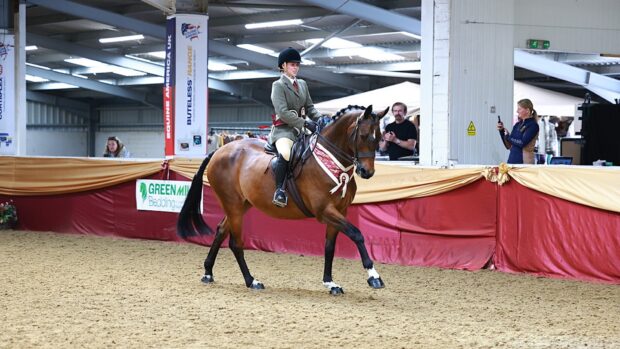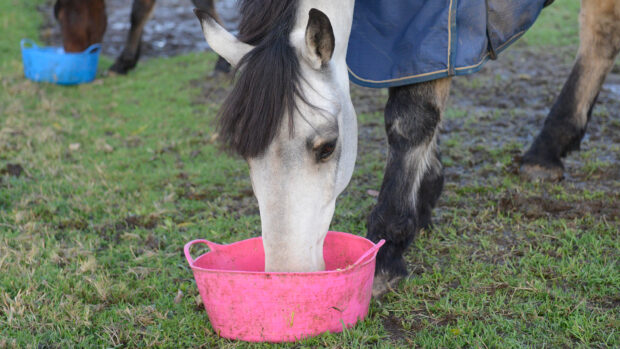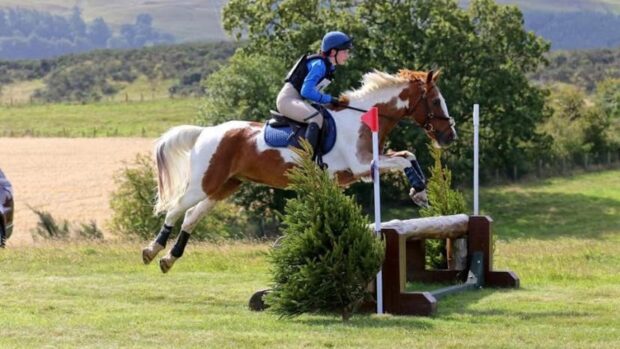Is your horse approaching his twilight years, or perhaps you are concerned about old age catching up with him? With the cold, wet weather now here, make sure you know how to keep your veteran healthy this winter. Lee Pritchard MRCVS, an XLEquine member, shares his advice.
1. Be vigilant for key signs of ill health, including lameness or stiffness, quidding (dropping food from the mouth) or struggling to eat. Deteriorating ability to rise to their feet, Cushing’s disease and lethargy or loss of appetite is also common in veterans.
2. Schedule regular examinations by your vet. Veterans who are tripping, stumbling or stiff may be suffering from orthopaedic ailments — such as arthritis, navicular, tendon/ligament problems — which can be managed, so don’t delay seeking veterinary advice.
3. Eye examinations are equally important. Gradual sight loss could mean it is inadvisable to ride your veteran and their management might need to be altered.
4. Older horses are more susceptible to respiratory conditions, particularly when stabled for longer periods during the winter. Simple management practices — including well ventilated stables, dust-free bedding and not mucking out or sweeping around them — will help keep respiratory problems at bay.
5. Dental checks are more important than ever, because loose teeth are painful and can become infected. Some teeth may fall out without you realising, meaning the horse’s diet needs adapting. Every 12 months is the minimum for younger horses, and your vet will advise the intervals to best suit your veteran.
6. Vaccinations are important but often neglected in veterans, particularly if they no longer compete or have been completely retired from ridden work. However, it is not uncommon for a veteran’s immune system to be compromised by their age, and unvaccinated horses become vulnerable if other equines on your yard are coming and going.
7. Foot care remains crucial, even if no longer wearing shoes, so that they do not become too long and unhealthy. A qualified farrier will aid in the detection, treatment and prevention of lameness.
Continued below…

Time to roll up your sleeves – jobs you need to do during January
8. Veterans are more susceptible to worm infestation, so frequent faecal worm egg counts and de-worming is vital.
For all the latest veterinary advice, don’t miss Horse & Hound magazine, out every Thursday




